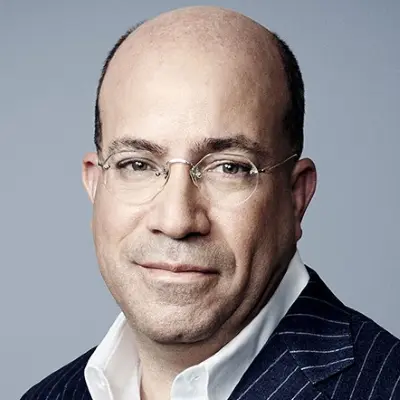CNN's post-Jeff Zucker era may allow it to begin distinguishing itself different from other cable networks
-

"If you have ever seen all the cable news networks on screens next to each other—at the gym, for example—you’ll have noticed something strange: they all cover the same stories as each other, every day," says Ariana Pekary. "Given that these are separate and competing news organizations, and certainly don’t coordinate with each other, this can be hard to explain. Some topics—such as impeachment, especially on the day of the senate trial—are obvious; others, however, are not. Such uniformity devalues the news; provides toxic voices with blanket coverage; and burns out and frustrates journalists, who feel in their bones that sprinting after the same story as everyone else is a fundamentally pointless activity. It’s been most visible in recent weeks in networks’ fevered obsession with the Republican representative Marjorie Taylor Greene, following reports by CNN and Media Matters on conspiratorial posts on Greene’s social-media accounts. On the night the Senate voted to fast-track the $1.9 trillion covid relief package, each hour of CNN primetime led instead with the junior congresswoman. Anderson Cooper’s 'A block'—his top stories—broached the subject one-on-one with Anthony Scaramucci, Trump’s short-lived White House communications director, for reasons that were not immediately clear to me." Pekary adds: "Imagine how different it would be if, as CNN begins to plan its moves away from the Zucker era, the network just allowed its journalists to pursue the stories that interested them. This is not to suggest CNN journalists weren’t interested in Greene and the GOP divide. But I bet they were also interested in a surplus of other stories. Let those be told and we’d get a sense of independence, which would foster trust. We’d get more varied stories. We’d get more important stories, probably, just by dint of the numbers of topics on screen. And ultimately, that might make viewers more likely to tune in. Because they might learn something new."
TOPICS: Jeff Zucker, CNN, Cable News
More Jeff Zucker on Primetimer:- Chris Cuomo Defends Having His Brother on CNN Show: 'The Country Was Starved For Comfort'
- Inside CNN+'s implosion: Discovery had low expectations, CNN executives were suspicious of their new bosses
- Megyn Kelly says Jeff Zucker wooed her with a "huge offer' to join CNN when she was at Fox News
- Thanks to its Ukraine coverage, CNN has bounced back after the controversy over Jeff Zucker's ouster
